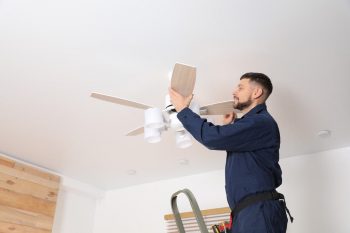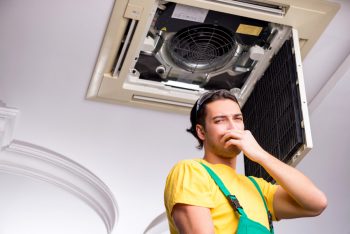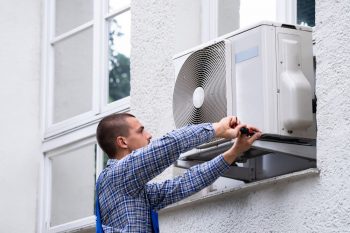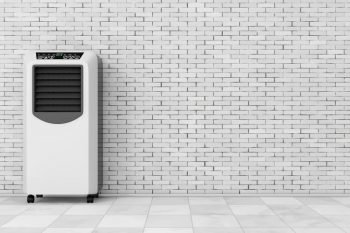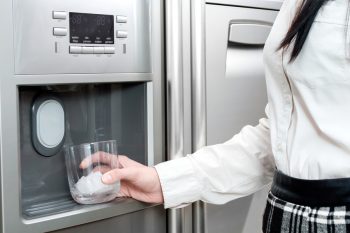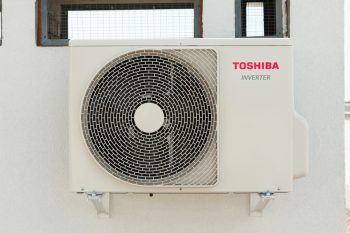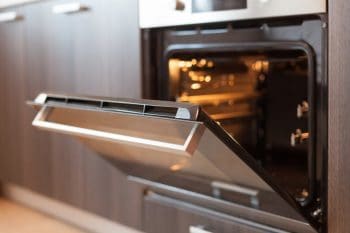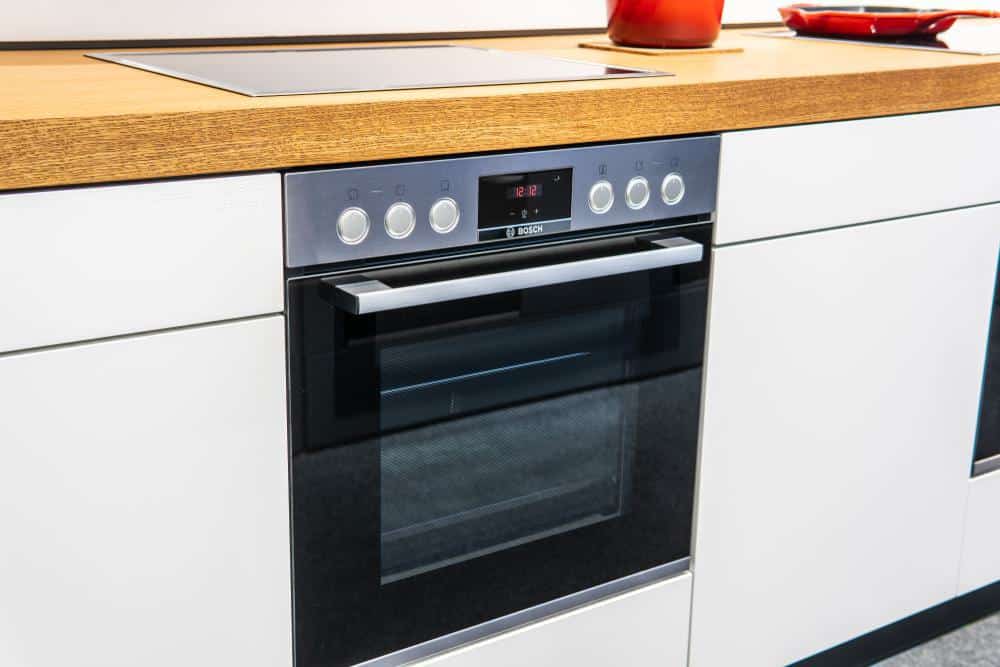
Understanding why your oven keeps tripping can be a daunting task. This comprehensive guide will walk you through the possible reasons, signs of an impending trip, and how to fix and prevent it.
Your oven might keep tripping due to reasons such as circuit overload, damaged wiring, a loose terminal block, faulty components, an electrical short, or a ground fault issue. To prevent this, ensure proper air circulation, regular maintenance, proper grounding, inspect wiring and connections, avoid circuit overload, replace faulty components, and hire a professional for complex issues.
What Causes an Oven to Trip?
Several factors can cause your oven to trip. These include:
- Circuit Overload: Plugging too many appliances into the same circuit as your oven can cause an overload and trip the breaker.
- Damaged Wiring: Faulty wiring can lead to tripping.
- Loose Terminal Block: A loose terminal block can create a faulty contact, causing the power to trip.
- Faulty Components: Issues with the heating elements or other internal components can cause the oven to trip when it’s turned on or when the temperature is increased.
- Electrical Short: Shorts can occur in outlets, switches, or inside the appliance, causing the circuit breaker to trip.
- Ground Fault Issue: A ground fault can cause the circuit breaker to trip.
Warning Signs Your Oven Might Start Tripping
Knowing the warning signs that your oven might start tripping can help you prevent it from happening. These signs include:
- Electrical Issues: Fluctuations in power or the oven failing to turn on could indicate an impending trip.
- Damaged Wiring or Cables: Physical damage to the cables responsible for power distribution in the oven can cause it to trip.
- Heating Element Problems: A worn or faulty heating element can cause the oven to trip at a certain temperature.
- Loose or Unplugged Power Cord: A loose or unplugged power cord can lead to tripping due to poor electrical connections.
- Terminal Block Issues: A terminal block connects the oven’s internal wiring to its external cabling. If it isn’t properly tightened, it can create a faulty contact and trip the power.
How to Prevent Your Oven From Tripping
To prevent your oven from tripping in the future, consider the following tips:
- Ensure Proper Air Circulation: Give your appliances enough space for air circulation to avoid overheating.
- Regular Maintenance: Clean your oven regularly and make use of its self-cleaning feature if available.
- Check for Proper Grounding: Make sure your oven is properly grounded to prevent electrical shocks.
- Inspect Wiring and Connections: Loose or damaged wiring can cause overheating and tripping. Regularly inspect the wiring and connections in your oven and fix any issues.
- Avoid Circuit Overload: Ensure your oven is connected to a dedicated circuit to prevent overloading.
- Replace Faulty Components: If your oven has a faulty component, such as a heating element or temperature sensor, replace it to prevent tripping.
- Hire a Professional for Complex Issues: If you’re unsure about the cause of the tripping or how to fix it, consult a professional technician to diagnose and repair the problem.
Conclusion
A tripping oven can be a nuisance and a potential safety hazard. By understanding the causes, recognizing the warning signs, and taking preventative measures, you can keep your oven running smoothly and safely. If you’re unsure about any aspect of your oven’s operation, it’s always best to consult a professional.
Frequently Asked Questions
What is a circuit overload?
A circuit overload occurs when more current is drawn than the circuit’s breaker is rated for. This can happen when too many appliances are plugged into the same circuit.
How often should I inspect the wiring and connections in my oven?
It’s a good practice to inspect the wiring and connections in your oven at least once a year. However, if you notice any warning signs like fluctuations in power or the oven failing to turn on, you should inspect it immediately.
What is a ground fault?
A ground fault is a type of short circuit that occurs when the current strays outside its intended path and travels to the ground. If the oven is not properly grounded, the stray current can cause the circuit breaker to trip.
What does it mean for an oven to be ‘properly grounded’?
For an oven to be ‘properly grounded’, it means that it has a safe, direct path for electrical current to travel to the ground in the event of a fault. This helps to prevent electrical shocks.
What is a terminal block?
A terminal block is a type of connector that allows for the secure transmission of electricity. In an oven, it connects the oven’s internal wiring to its external cabling. If it is loose or faulty, it can cause the oven to trip.
How can I tell if my oven’s heating element is faulty?
A faulty heating element in your oven might not heat up at all, or it could heat up but not to the correct temperature. If you notice that your oven isn’t heating properly or consistently, it could be a sign that the heating element is faulty.

